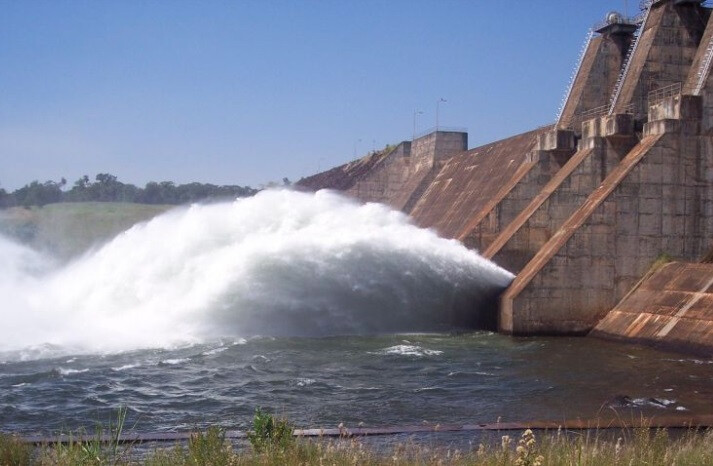
Paraguay is pushing forward with a large-scale project to construct 22 small hydropower plants along its domestic rivers. The total investment amounts to approximately $1.4 billion and will be carried out through private investment. Mauricio Bejarano, the Vice Minister of Mines and Energy, recently announced the enactment of the 'Small Hydropower Plant Law' in a radio interview, stating that the government is now free to proceed with bidding for new dam constructions.
Vice Minister Bejarano emphasized the significance of this project, saying, "We have simplified the way this power generation process is carried out. There has been a lot of effort, and now it has become law." This plan focuses on streamlining the bidding process for dam construction in cooperation with the state-owned power company, ANDE.
The primary goals of this project are to increase energy production, boost national revenue, and create 20,000 to 25,000 jobs. The Paraguayan government plans to conduct bidding for the entire river basin based on a hydrological map. The next step is to promptly begin the bidding process for the 22 small hydropower plants.
Vice Minister Bejarano explained, "We have a hydrological map that shows our country's energy potential. This time, we will attempt to bid on the entire river basin."
Small-scale hydropower has advantages over large dam construction, including less environmental impact, shorter construction periods, and the potential to revitalize local economies. The Paraguayan government plans to leverage these advantages to increase energy independence and promote economic growth.
Meanwhile, Paraguay is also exploring the possibility of constructing a new gas pipeline in southern Paraguay in cooperation with Argentina. This is part of an effort to diversify Paraguay's energy sources and promote industrial development.
The Paraguayan Vice Minister of Mines and Energy and Argentina's state-owned energy company ENARSA have begun discussions aimed at strengthening energy infrastructure to support industry, create jobs, and increase power generation.
This project complements the 'Bi-Oceanic Gas Pipeline,' which primarily targets Brazil, and will also benefit the Chaco region communities in Paraguay by supplying energy and promoting investment. Experts believe that combining hybrid thermal power generation using natural gas and local fuels with alternative energy sources is a key solution to meeting the increasing national energy demand and securing a stable energy base.
Paraguay is currently a country highly dependent on hydropower. The Itaipu and Yacyretá dams are Paraguay's main power sources, and the country earns significant revenue by exporting surplus electricity. However, concerns about energy security are growing due to reduced rainfall caused by climate change and increasing energy demand.
In response, the Paraguayan government is striving to diversify its energy sources and build a stable energy supply network through the construction of small hydropower plants and a gas pipeline. If these projects are successfully implemented, Paraguay is expected to increase its energy independence and accelerate economic growth. It is also anticipated to significantly contribute to local economic revitalization and job creation.
[Copyright (c) Global Economic Times. All Rights Reserved.]



























